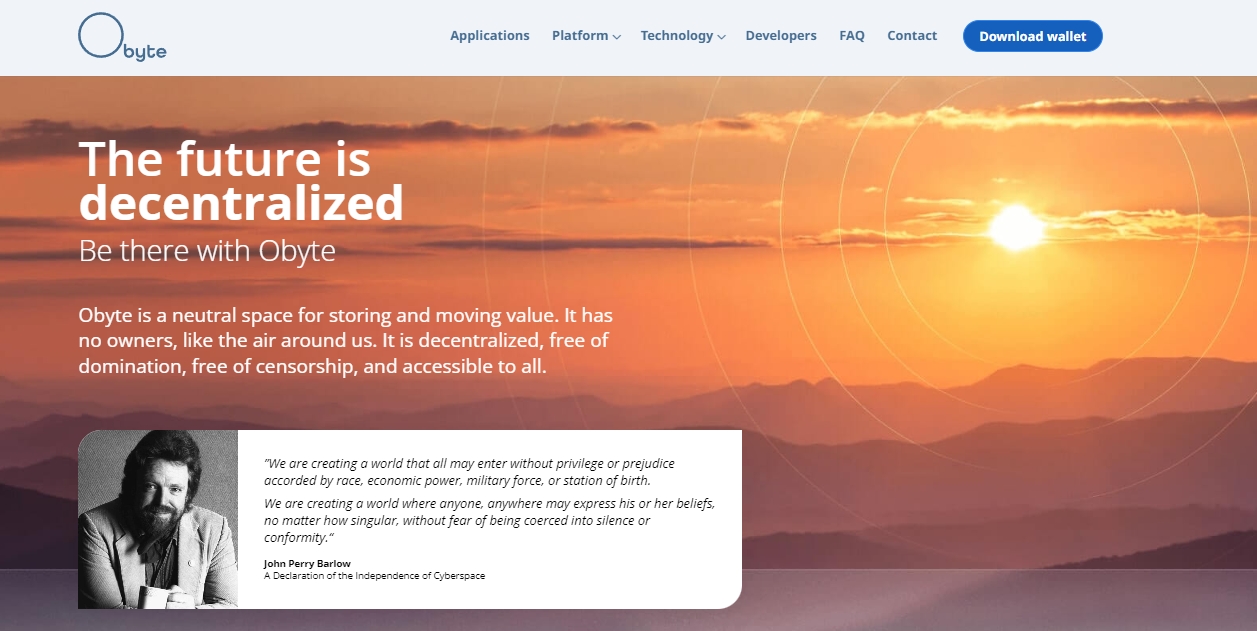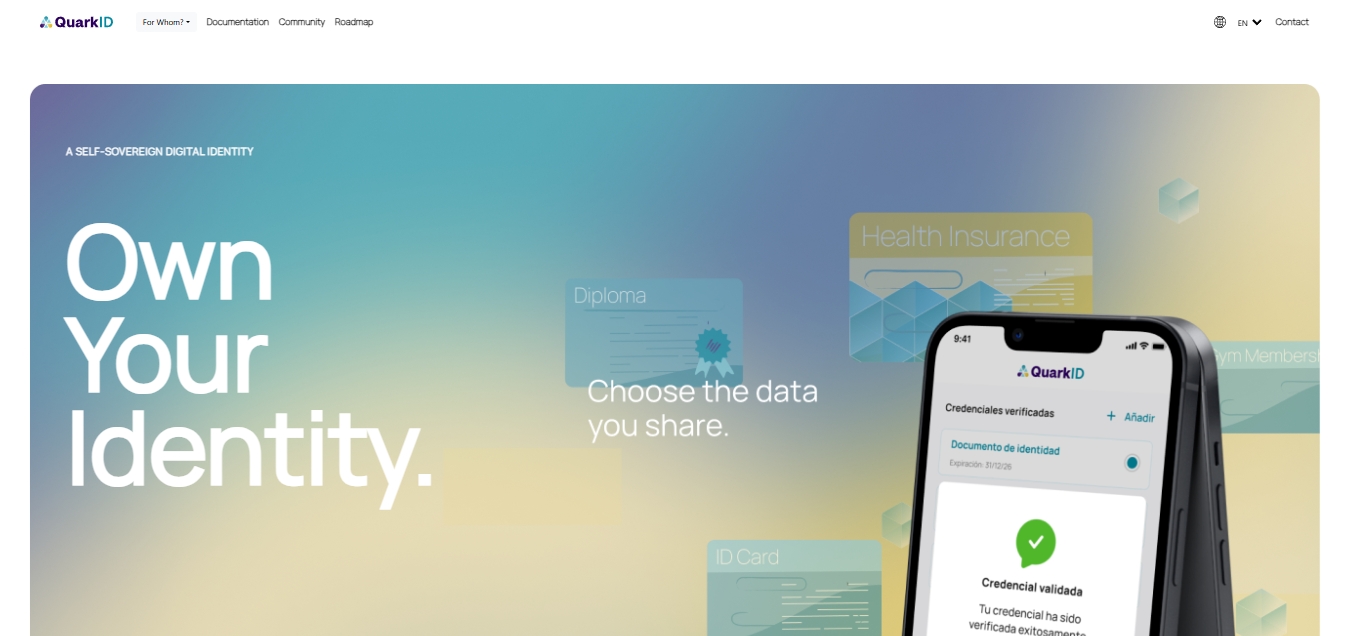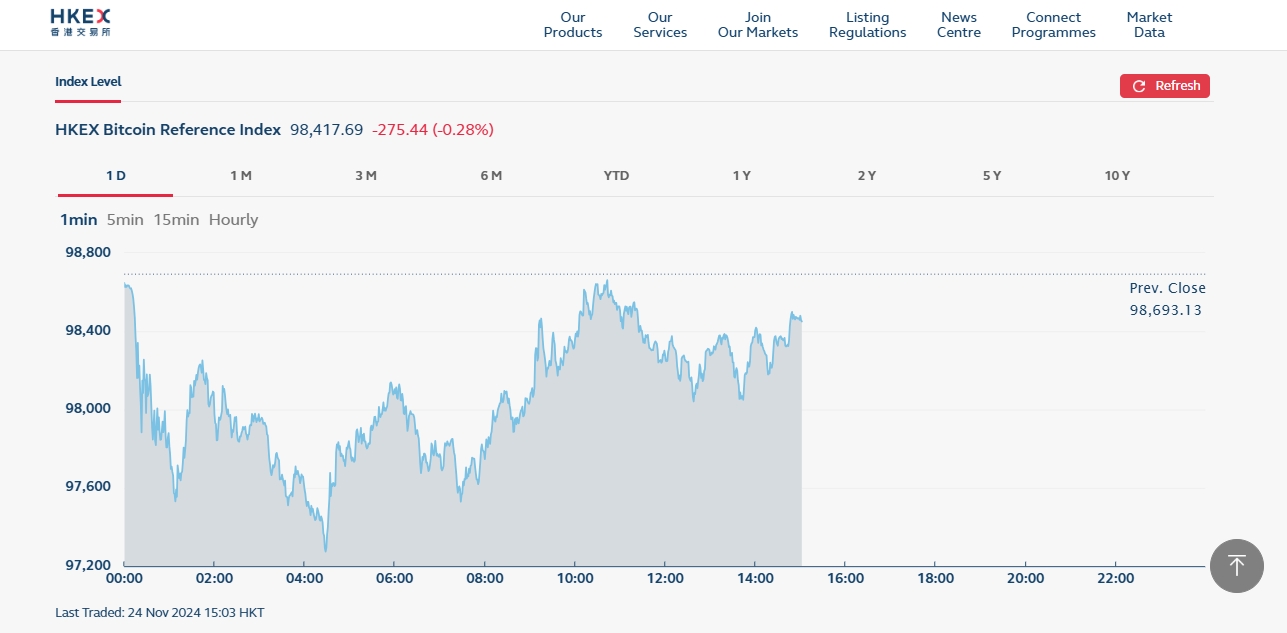and the distribution of digital products.
5 Cities That Developed New Crypto Projects and Initiatives in 2024
\ Distributed Ledger Technology (DLT) and cryptocurrencies are everywhere now, being applied in a wide range of industries. From finance to supply chain management, these technologies are driving innovation and reshaping how businesses and individuals interact. The adaptability of DLT has also caught the attention of governments worldwide, inspiring them to create platforms tailored to their unique needs and visions for the future.
\ Across the globe, numerous cities and their governments have developed their own crypto projects and platforms. Each location brings its own approach, shaped by local expertise, culture, and economic priorities. These initiatives demonstrate how diverse applications of this technology can address region-specific challenges while contributing to the broader development of decentralized solutions.
\ We’ll explore some of these projects ahead.
Bonds in QuincyIn April 2024, the City of Quincy, Massachusetts, became the first U.S. municipality to issue bonds using DLT. A bond, in this context, is like a loan from investors to the city. The city borrows money to fund public projects, and in return, it promises to pay the investors back over time with interest. Collaborating with the bank JP Morgan and leveraging its private chain Onyx Digital Assets, Quincy raised $10 million through a seven-year bond issuance.
\
Quincy used this technology to simplify and modernize the bond process, making it more transparent and efficient. This innovation is part of the city's effort to “democratize” its finances, making them more transparent and efficient. Besides, now it’s easier for everyday residents to participate in funding and benefiting from local projects.
\ The issuance was smaller than Quincy’s typical bond sizes, but it served as a proof of concept to explore DLT's potential in simplifying processes like interest payments. This platform, for instance, can allow automatic payments to bondholders and lower costs for all parties involved.
\
Supply Chain in DubaiThe government agency responsible for regulating trade, enforcing customs laws, and facilitating the movement of goods in and out of Dubai, Dubai Customs, released a new DLT platform in July 2024. This one will work to improve how goods are tracked and traded within the city and across its borders.
\n 
\ DLT was chosen for this project because of its ability to securely store and share data across multiple locations. This technology is ideal for tracking the movement of goods in real-time, reducing fraud, and ensuring that transactions are trustworthy. By automating many procedures, the platform saves time and effort for everyone involved, from businesses managing shipments to customs officials clearing goods. This makes Dubai’s trade and logistics environment smoother and more appealing to global partners.
\
Identity in Buenos AiresIn October 2024, Buenos Aires (the capital of Argentina) finally released QuarkID, a digital identity platform powered by DLT, designed to enhance security and privacy for its 3.6 million citizens. QuarkID, which has been in development the whole year, allows residents to manage personal documents such as birth certificates, tax files, and vaccination records through the city’s app MiBa. This new system ensures authenticity without relying on external oversight, marking a major step forward in digital identity innovation.
\
\ QuarkID uses DLT to provide secure, tamper-proof data management. The platform uses zero-knowledge cryptography, which enables individuals to share only the specific information needed for each interaction, keeping the rest of their data private. With no intermediaries involved, QuarkID facilitates seamless, peer-to-peer document sharing while reducing risks like identity theft and fraud.
\ Buenos Aires plans to expand QuarkID to include more services, such as driver’s licenses and permits, and is testing its use in other 12 cities in five countries. By adopting this technology for digital identities, Argentina aims to create a more efficient, secure, and cost-effective system, setting an example for other governments to follow.
\
Crypto Index in Hong KongThe Hong Kong Stock Exchange (HKEX) made history by launching Asia’s first EU-regulated crypto index, a major development for the region. Unveiled in November 2024, the index integrates leading cryptocurrencies like Bitcoin and Ether into traditional financial markets. Let's remember that an index is a tool that tracks the value of a group of assets, showing how the prices of those assets change over time. The EU regulation ensures the index is accurate, trustworthy, and follows strict rules. This helps protect investors by making sure the information is reliable and transparent.
\
\ By offering this initiative, Hong Kong aims to meet the growing demand for crypto investment opportunities while reinforcing its reputation as a forward-thinking financial hub. The index series calculates the prices of cryptocurrencies using a 24-hour volume-weighted average from major global exchanges. Updated daily at 4:00 p.m. Hong Kong Time, it provides real-time benchmarks in US dollars, aligning regional crypto standards with international markets.
\ This way, Hong Kong is bridging the gap between traditional finance and the growing world of cryptocurrencies. Now, we can say that HKEX supports the healthy development of the virtual asset market while solidifying its leadership in financial innovation across Asia.
\
Tokenization in SingaporeThe Singapore Monetary Authority (MAS) has been a very active player in DLT over several years. In November 2024, it shared its plans to push the use of tokenization in finance. Tokenization means turning assets like stocks or bonds into digital tokens on a DLT, making them easier to trade. MAS wants to connect financial companies to make buying, selling, and settling tokenized assets smoother and faster.
\n 
\ The authority is also expanding its Global Layer One (GL1) initiative, which began in 2023. GL1 aims to create a seamless system for cross-border transactions by ensuring that market infrastructures are compatible. This will help tokenized assets to be traded internationally, with clear governance and risk management guidelines. Besides, MAS is also introducing a common settlement facility to enhance trust in tokenized transactions, using a wholesale central bank digital currency (CBDC) for settlements.
\
A Multipurpose Crypto EcosystemOf course, there are numerous DLT platforms at this point, but not all of them offer the same features, security, and decentralization levels. Obyte, as a Directed Acyclic Graph (DAG) with a fully decentralized ecosystem, could be a good alternative to build numerous projects —individual or institutional.
\ Besides, while other DLT platforms have been chosen only for their efficiency, Obyte also empowers users with true freedom by using a decentralized Directed Acyclic Graph (DAG) system, eliminating middlemen like miners or validators. This ensures fast, secure transactions without intermediaries or censorship risks. Beyond that, it’s a versatile crypto ecosystem, supporting a wide range of features.
\
\n 
\ In supply chain management, Obyte’s technology can ensure transparency and trust. Each step in the movement of goods can be recorded on the platform, from raw materials to final product delivery. Furthermore, Obyte supports self-sovereign identity, enabling individuals to manage and share their personal data securely. With Obyte, users can have their identities verified by trusted parties and then share only the necessary details, keeping the rest private.
\ These features empower both individuals and institutions by eliminating intermediaries and giving users full control over their data and transactions. With Obyte's decentralized structure, there’s no central authority that can alter or manipulate the system, ensuring transparency and trust at every level.
\
:::info Featured Vector Image by Freepik
:::
\n
- Home
- About Us
- Write For Us / Submit Content
- Advertising And Affiliates
- Feeds And Syndication
- Contact Us
- Login
- Privacy
All Rights Reserved. Copyright , Central Coast Communications, Inc.


